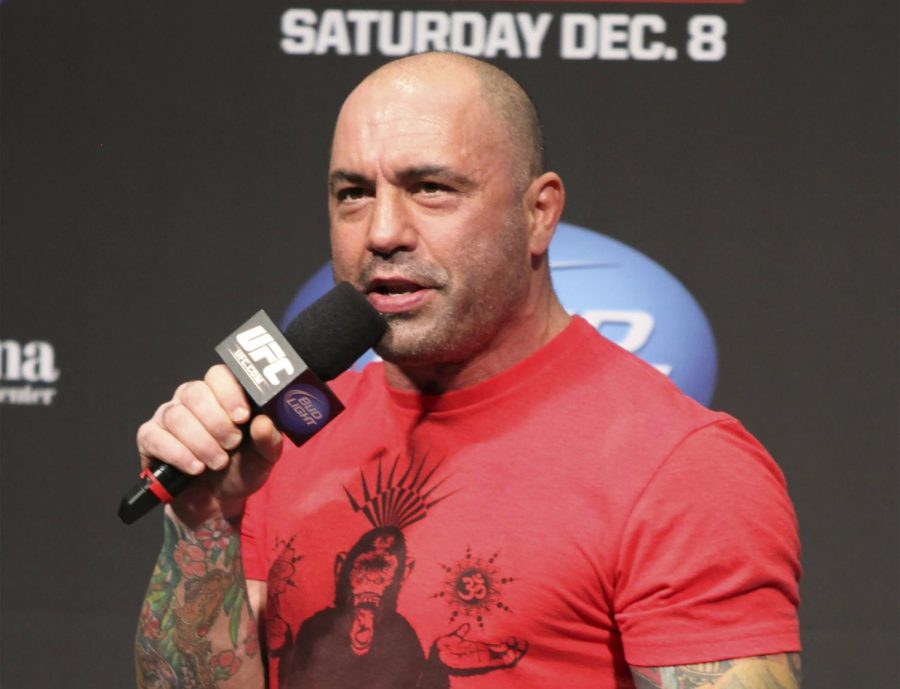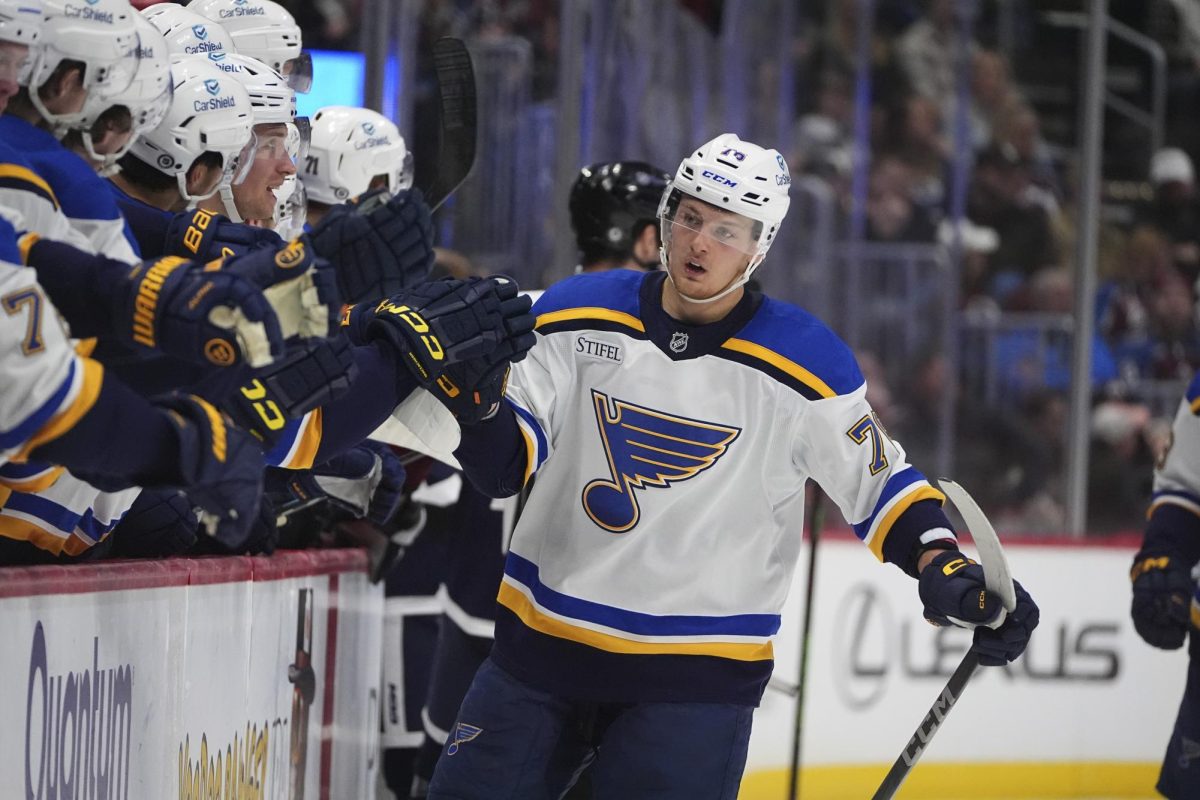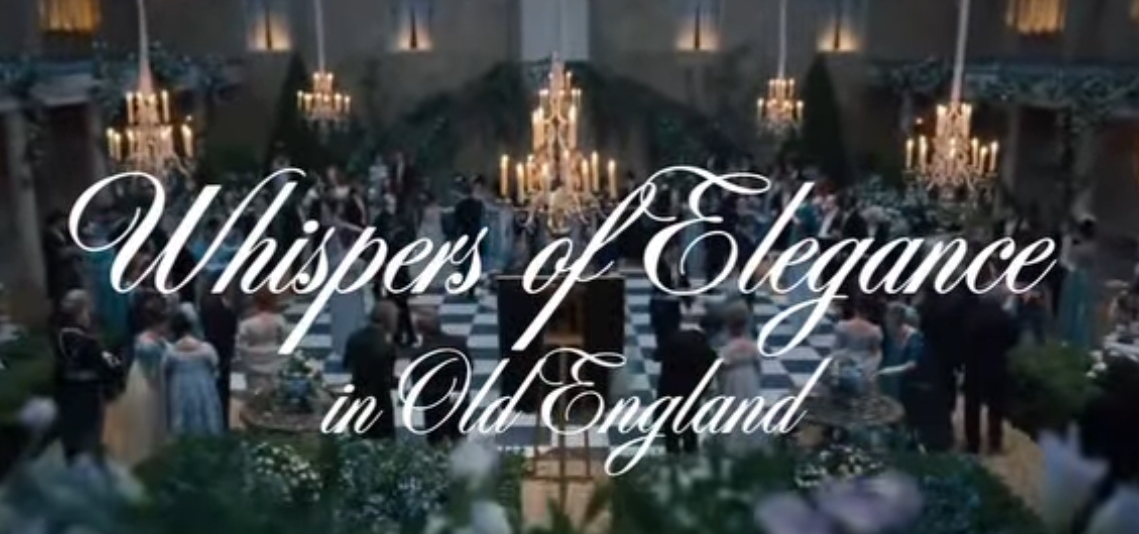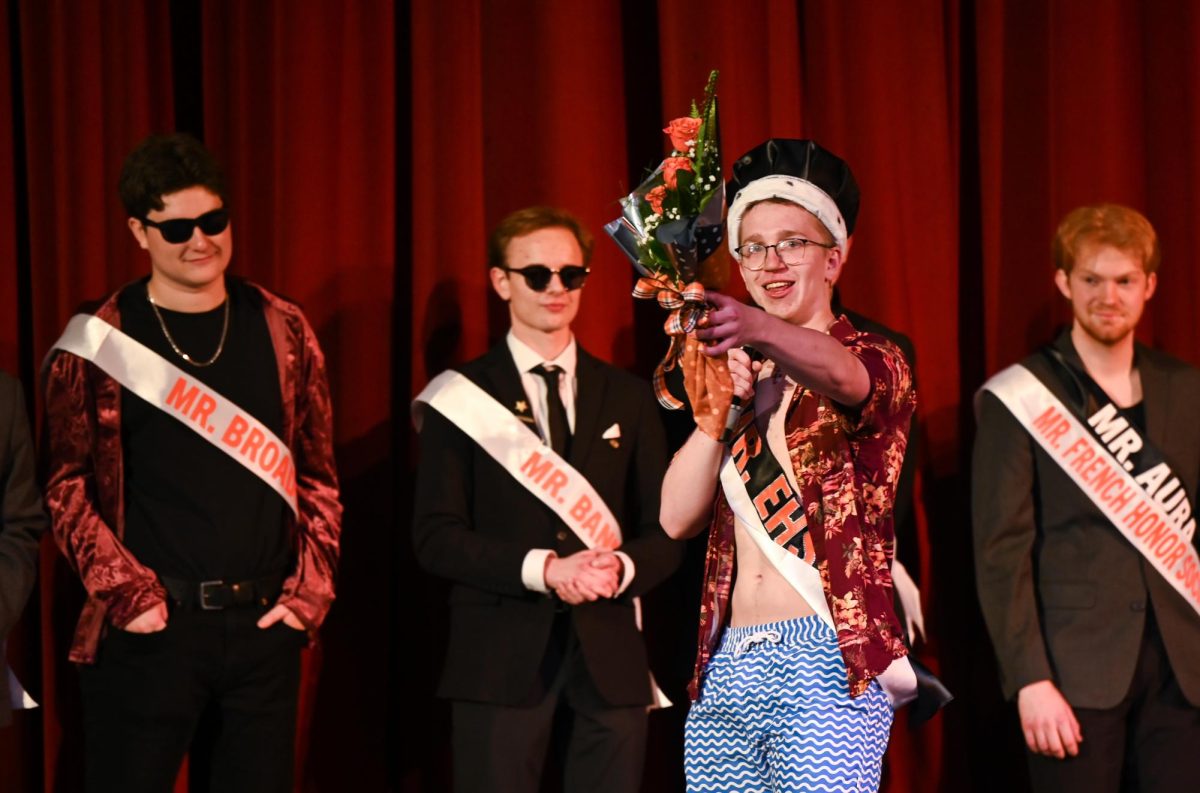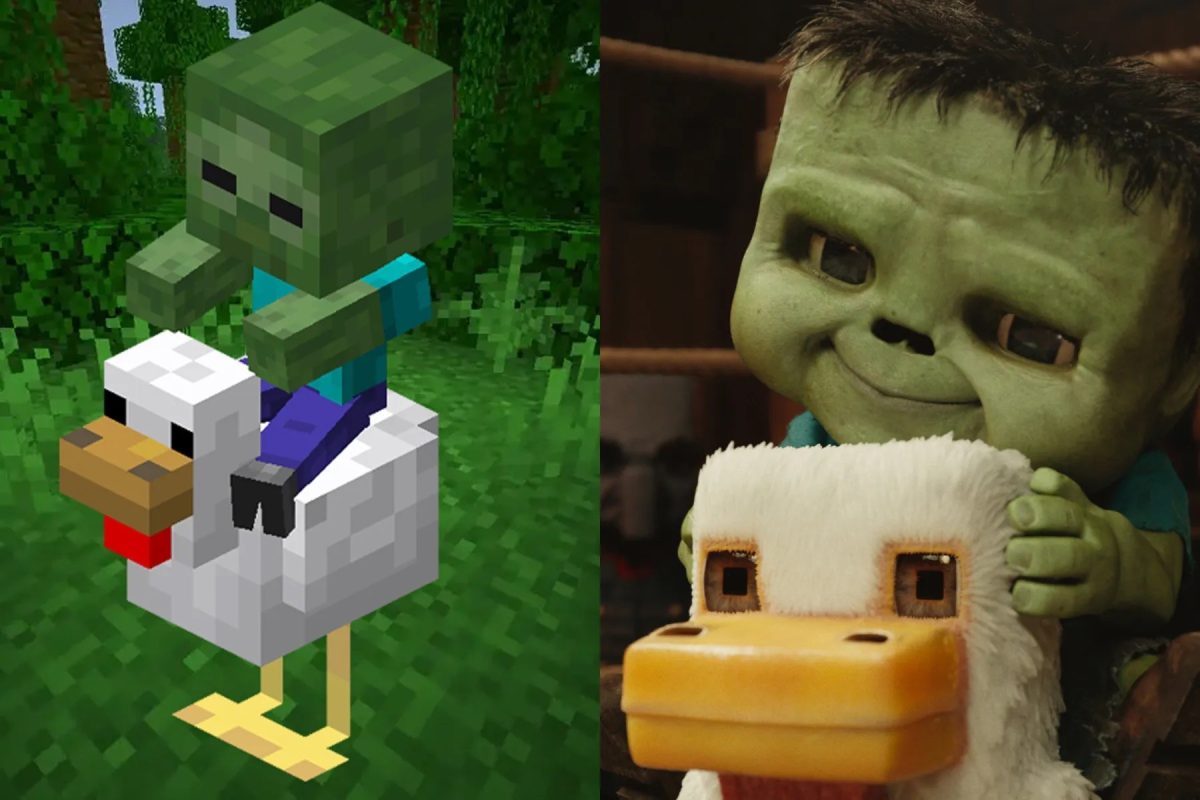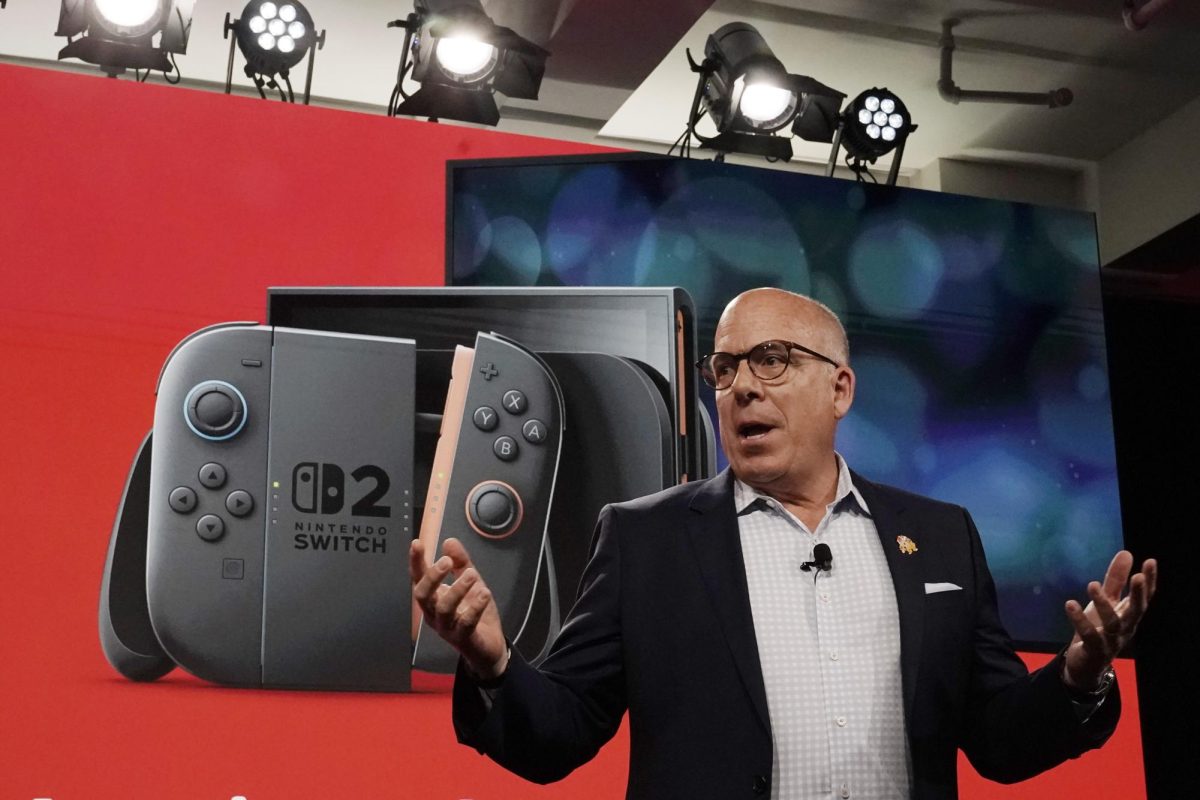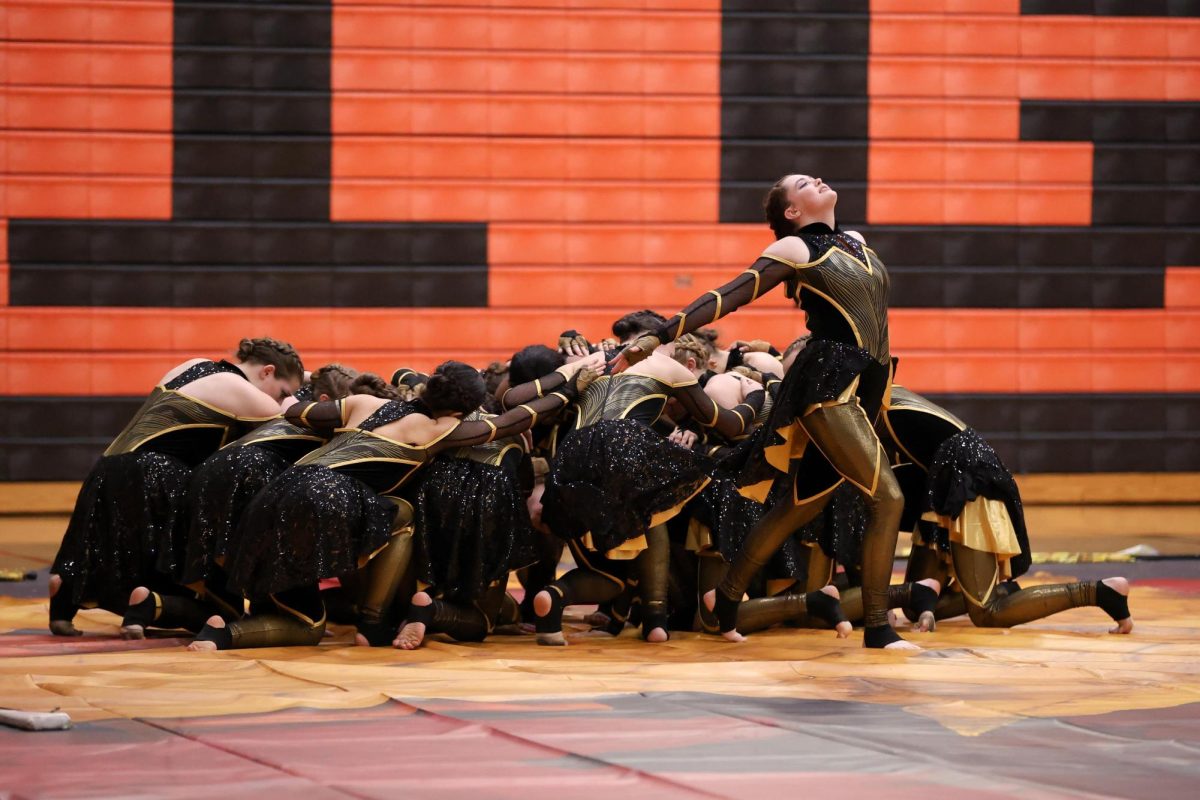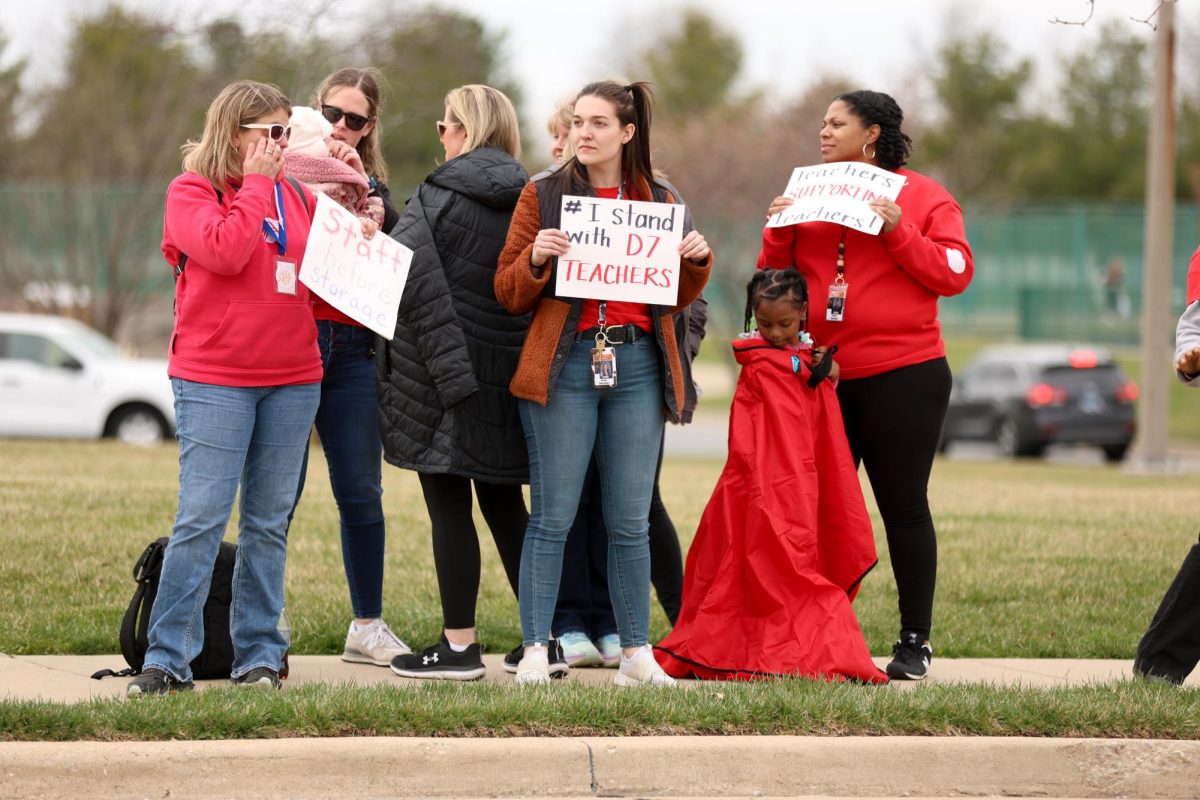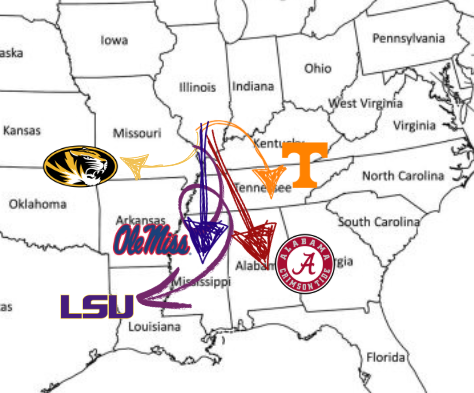Wrestling Commentator Decks Folk Singer
Podcaster Joe Rogan at a UFC weigh-in in Seattle on Dec.7, 2012
February 9, 2022
Entertainment has long been fraught with larger-than-life personalities. Whether it be Elvis or Ru Paul, the one constant between these entertainment superstars seems to be that no stage is large enough to hold them all; they always manage to take offense.
Just look at the epic feuds between Elton John and Madonna, Tupac and Biggie or anything to do with the Kardashians.
And the same still holds true, albeit on a different stage. That stage is Spotify, and the contenders are none other than folk singer Neil Young and podcaster Joe Rogan.
Rogan’s show is the center of the feud. “The Joe Rogan Experience” features a variety of guests, from authors to gurus, who discuss their fields of study. During the pandemic, this included multiple anti-vaxxers and COVID-19 deniers.
One episode, in particular, featured COVID-19 specialist Robert Malone and caught the attention of “hundreds of scientists, professors and public health experts” for the spread of COVID-19 misinformation, according to the New York Times’ Ben Sisario.
A group of said experts addressed Spotify on Jan. 10, asking the service to remove the contentious episode to no avail.
As of Jan. 24, almost two weeks later, Young added to the controversy. He issued a letter to Spotify calling for the service to remove all of Rogan’s podcasts or else lose Young’s music entirely. In a later statement, Young said that he could not legally fulfill that threat.
Rogan is Spotify’s largest podcaster, with over 1,700 episodes and estimated viewership around 10 million. But Young was an asset, too, with 6 million listeners, though he had removed music from streaming services over sound quality issues in 2015.
Spotify made their choice, beginning to remove Young’s discography two days later on Jan. 26.
“We want all the world’s music and audio content to be available to Spotify users. With that comes great responsibility in balancing both safety for listeners and freedom for creators,” Spotify said in a subsequent statement.
The streaming service included that they regretted removing Young’s music and “hope to welcome him back soon.”
Young responded to the removal in a letter posted to his website the same day, calling the content of Rogan’s podcasts “dangerous life-threatening COVID-19 falsehoods…
“Spotify represents 60% of the streaming of my music to listeners around the world,” Young said. “Almost every record I have ever released is available — my life’s music — a huge loss for my record company to absorb.”
In solidarity with the artist, other artists including Joni Mitchel pulled their music from the platform.
Concurrently, Rogan released an apology. In a Jan. 30 Instagram post, he promised to balance the information on his podcast in the future and that his intent had been to show various opinions, not spread lies or ignorance.
He added that he disagreed with the use of the term “misinformation” but said he didn’t blame Young for his actions.
“I’m very sorry that they feel that way,” Rogan said. “I most certainly don’t want that. I’m a Neil Young fan. I’ve always been a Neil Young fan.”
In the weeks since, Rogan has also apologized for the repeated use of racial slurs on his podcast, which faced widespread backlash.
Spotify has since removed hundreds of Rogan’s episodes containing controversial material. Spotify’s CEO, Daniel EK, apologized for the incident but said Rogan’s show won’t be removed from the service.
While the recent back-and-forth between Rogan and Young might be less dramatic than many red-carpet screaming matches, it represents a far larger issue at play, according to EK.
“We should have clear lines around content and take action when they are crossed, but canceling voices is a slippery slope,” EK said. “Looking at the issue more broadly, it’s critical thinking and open debate that powers real and necessary progress.”
Sisario sees that same gravity, but is less sure of the outcome.
“Young’s challenge to Spotify has become a high-profile, if unexpected, flash point in the battle over misinformation and free speech online,” Sisario said. “It also raised questions about the power of performing artists to control where their work is heard.”
Regardless of one’s side in the feud, the conflict has a marked spot in the annals of history, according to Sisario, far overshadowing any of Paris Hiltons scraps.
“…the Young [issue] is the latest strain in the company’s complex and frequently troubled relationship with artists,” Sisario said. “Even in an era when tech companies like Twitter, YouTube and Facebook are constantly policing content about Covid-19 on their platforms — and facing blowback from both sides of the free-speech debate for doing so — it was a rare instance of a top musician taking a stance that would affect his bottom line.”


